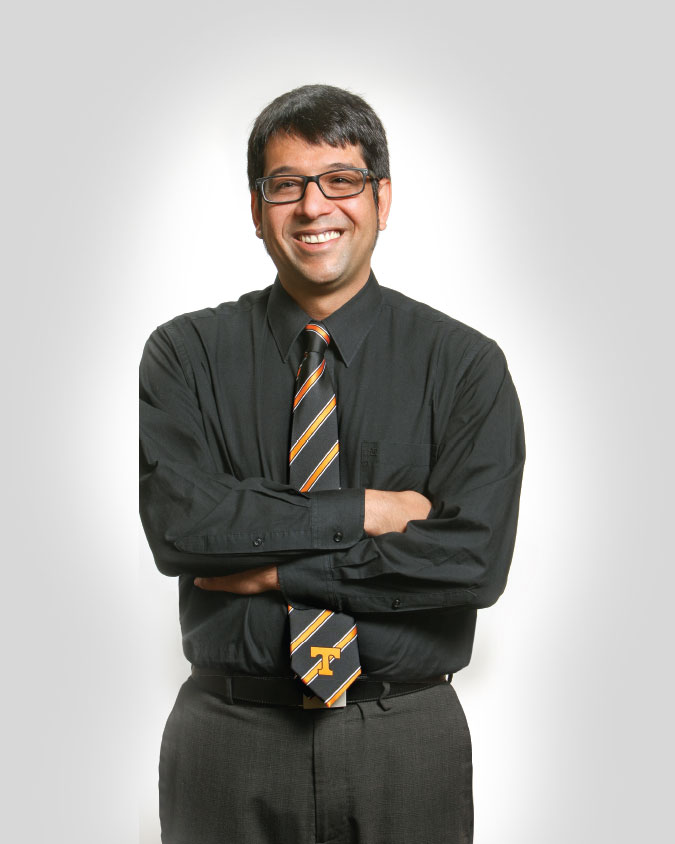Moll Anderson
 Moll Anderson - Summer 2020 image
Settled in Nashville, Anderson started a new job in a furniture store. Her first interior design client led to more work and soon she launched her own highly successful company. “I’d never had the opportunity to go to design school, but what I didn’t know actually served me,” she says. “For example, I didn’t know you couldn’t design a 3,000-square-foot house in three months, so I went for it.” She became known for interior design that was both quick and cost-efficient.
Moll Anderson - Summer 2020 image
Settled in Nashville, Anderson started a new job in a furniture store. Her first interior design client led to more work and soon she launched her own highly successful company. “I’d never had the opportunity to go to design school, but what I didn’t know actually served me,” she says. “For example, I didn’t know you couldn’t design a 3,000-square-foot house in three months, so I went for it.” She became known for interior design that was both quick and cost-efficient. 



